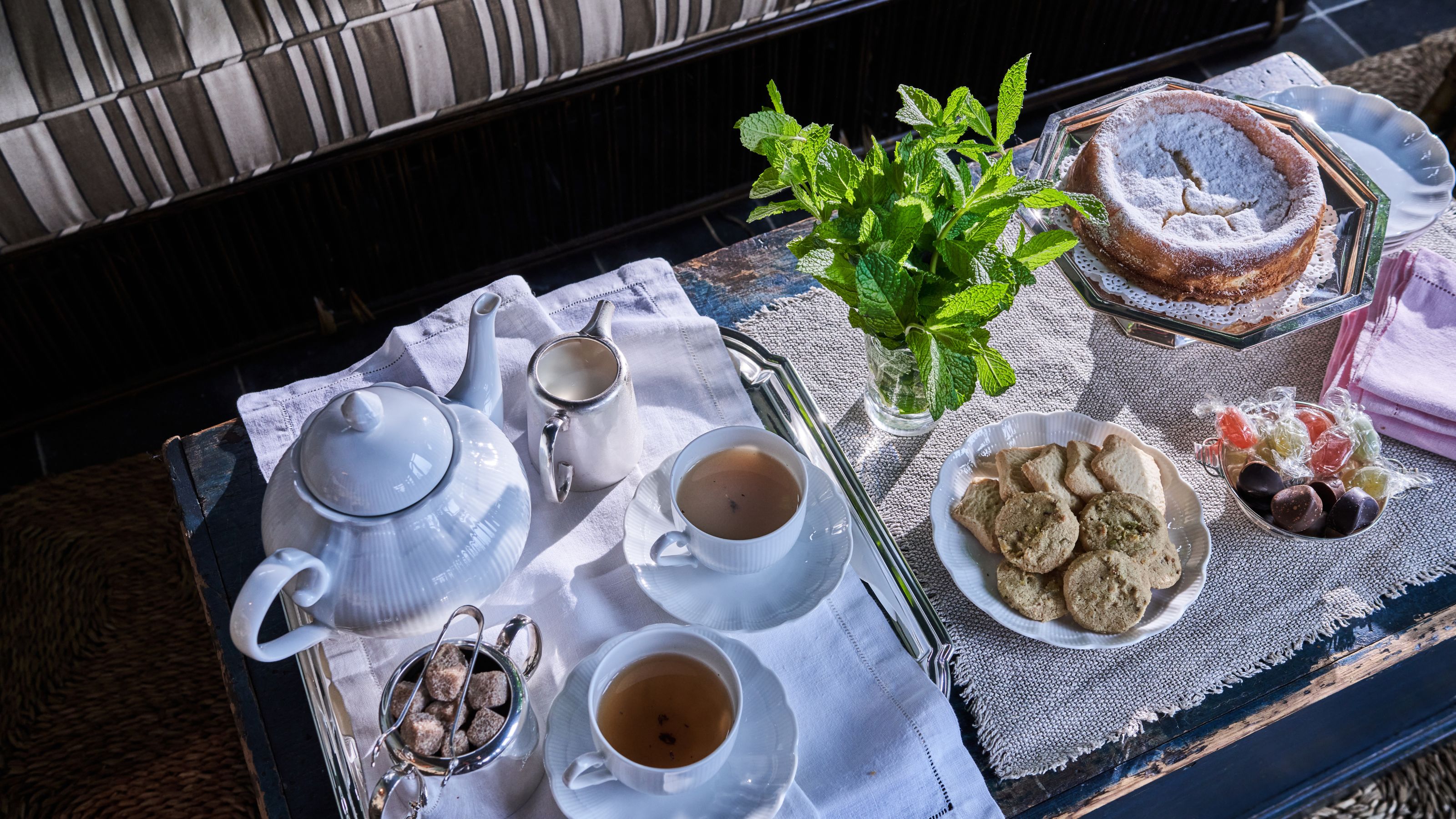
Design expertise in your inbox – from inspiring decorating ideas and beautiful celebrity homes to practical gardening advice and shopping round-ups.
You are now subscribed
Your newsletter sign-up was successful
Want to add more newsletters?
Last month, Designer Bryan Graybill shared his 'charcuterie formula' and how to host a grazing moment that feels generous, chic and inviting. This month, we talked to him about another reason to get together in a way that feels casual yet special: Afternoon tea.
For Bryan Graybill, tea is less about tiers of petits fours and more about punctuation. 'It marks a pause in the day’s work and commitments,' he says. 'It matters because it creates rhythm – ceremony without fuss.' At the Dowager Inn in East Hampton, his tea ritual has become a daily marker, a fixed window of 45 minutes that feels refreshingly finite. 'I have a short attention span,' he laughs. 'Tea is the perfect social event because it has an easy in and a fixed out.'
Civility, Served Hot
What draws Graybill to tea is its gentleness. 'For me, tea is shorthand for civility,' he says. 'It’s the easiest kind of hosting. You’re not dazzling with courses or wines – you’re creating an atmosphere of ease.' As a designer, he relishes the small details that make the difference: the thin lip of a porcelain cup, the fold of a linen napkin. 'It’s design at its most intimate,' he explains.
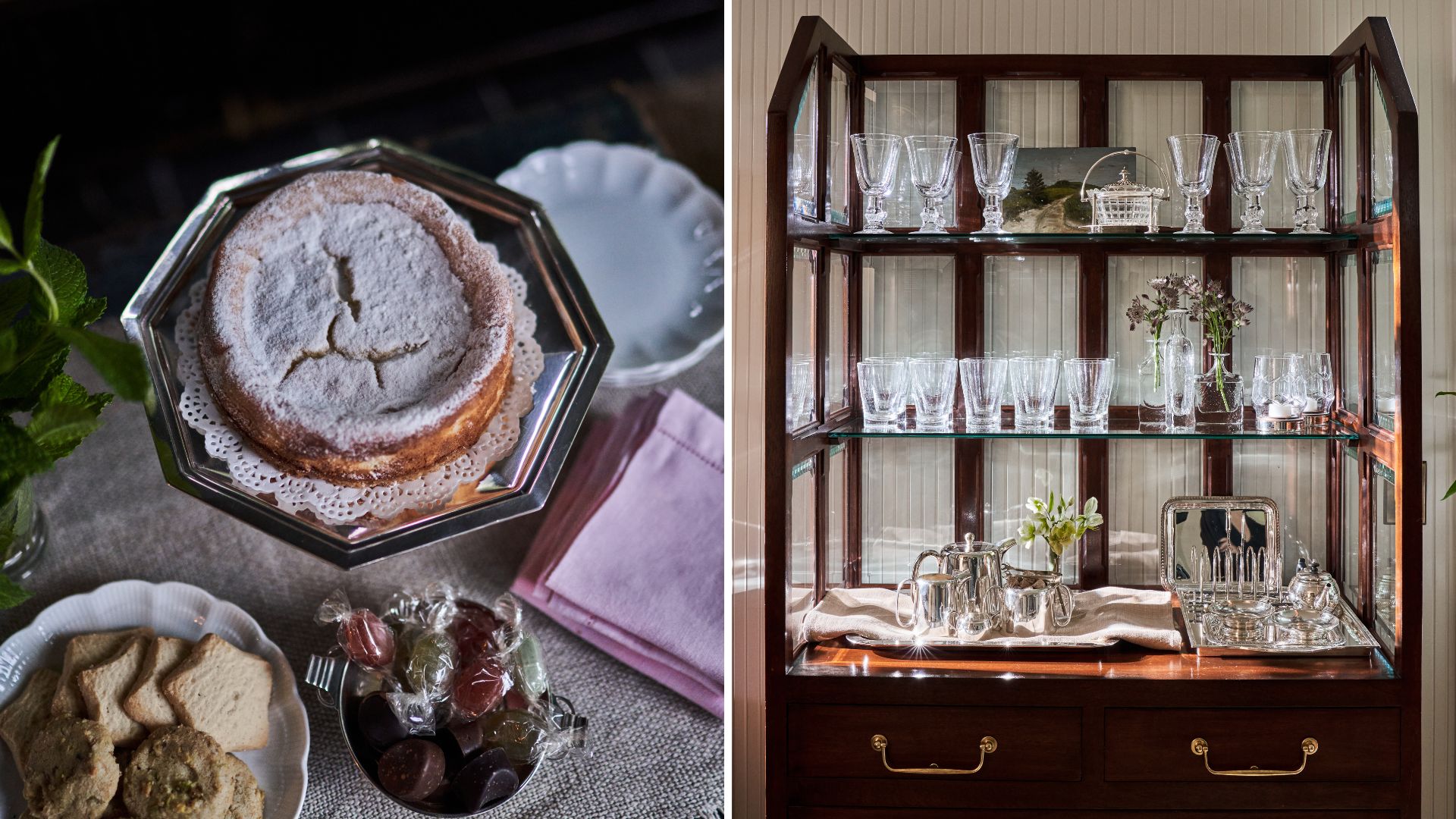
Reclaiming A Lost Art
Graybill sees daytime entertaining as a neglected ritual, abandoned in the rush toward productivity and spectacle. 'Breakfast became transactional, and dinner became performative. The hours in between were lost,' he notes. Tea, he argues, reclaims those forgotten hours. 'It doesn’t need to be grand, just deliberate. We’re all starving for pause, for ritual.'
Four O’Clock, Properly Done
At home, Graybill makes tea around four o’clock, often with his partner, Dan. His go-to is Fortnum & Mason’s Victoria Grey, perfumed enough to stand on its own, but he also keeps Daylesford's Organic Digest Fennel & Liquorice tea (a caffeine-free digestive) on hand, along with a Fortnum’s silver tea strainer. 'Even if it’s just the two of us, I’ll pull out proper china,' he says. 'It’s not about performance – it’s about respecting the moment.' For Graybill, the choreography itself is part of the charm: the kettle boiling, the steam, the fragrance filling the room. 'It’s one of the few rituals left that engages all the senses without requiring screens or spectacle.'
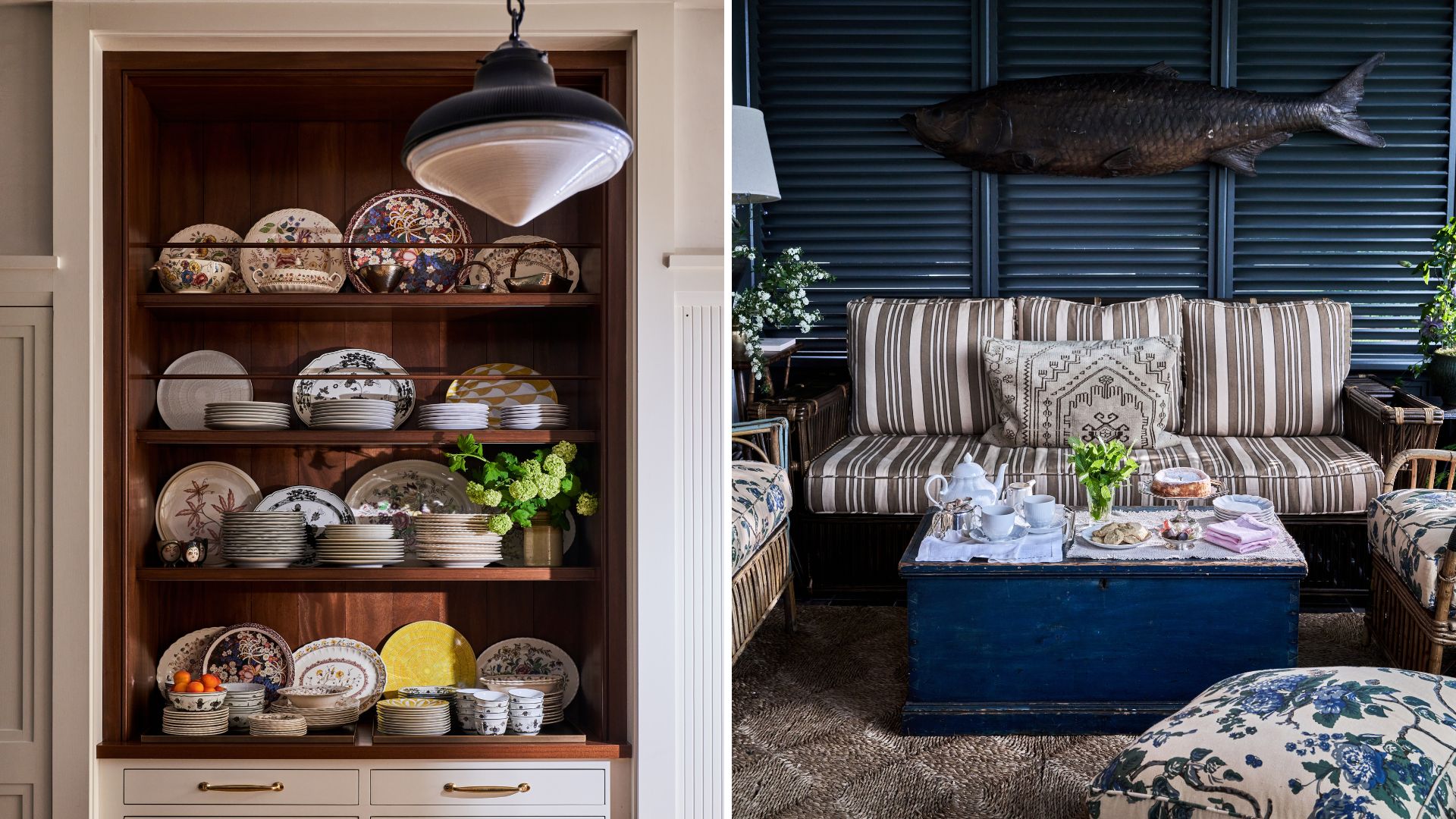
The Grandeur Of Small Things
For Graybill, the tools of tea are as important as the ritual itself. 'All things taste better poured from a Hermès teapot,' he jokes, though he also treasures his collection of vintage Rosenthal china. Trays – whether sourced from Woodnutt Antiques in London, Walter at Table Art LA, or Christofle’s Malmaison line – are always at the ready. Silver teaspoons from a Church Street silversmith, pressed linen cocktail napkins from Sferra, and even tear-off cotton napkins from Hudson Grace elevate the smallest details. But, a warning: it must be edited. 'You don’t need ten things,' he says. 'A good tea, a proper pot, and one hero cake – or even just a couple of cookies on a small plate. The charm is in the restraint.' Tea is about intimacy, not abundance.
The Butler’s Pantry As Proscenium
In Graybill’s East Hampton home, the butler’s pantry doubles as a tea station. 'I treated it like a laboratory,' he explains. Shelves display jars of loose-leaf teas, trays are stacked and ready, and everything is visible so guests can help themselves. 'It’s functional, but also a kind of stage set. When everything has its place, it empowers guests to be self-directed.' Strong teas line one row, herbals another. Trays are ready for quick transport from pantry to table. But for Graybill, tea is less about performance than presence. 'It’s civility, ease, and design distilled into forty-five minutes,' he says. 'An interlude, not a spectacle. A pause worth protecting.'
Bryan Graybill's Tea Time Essentials
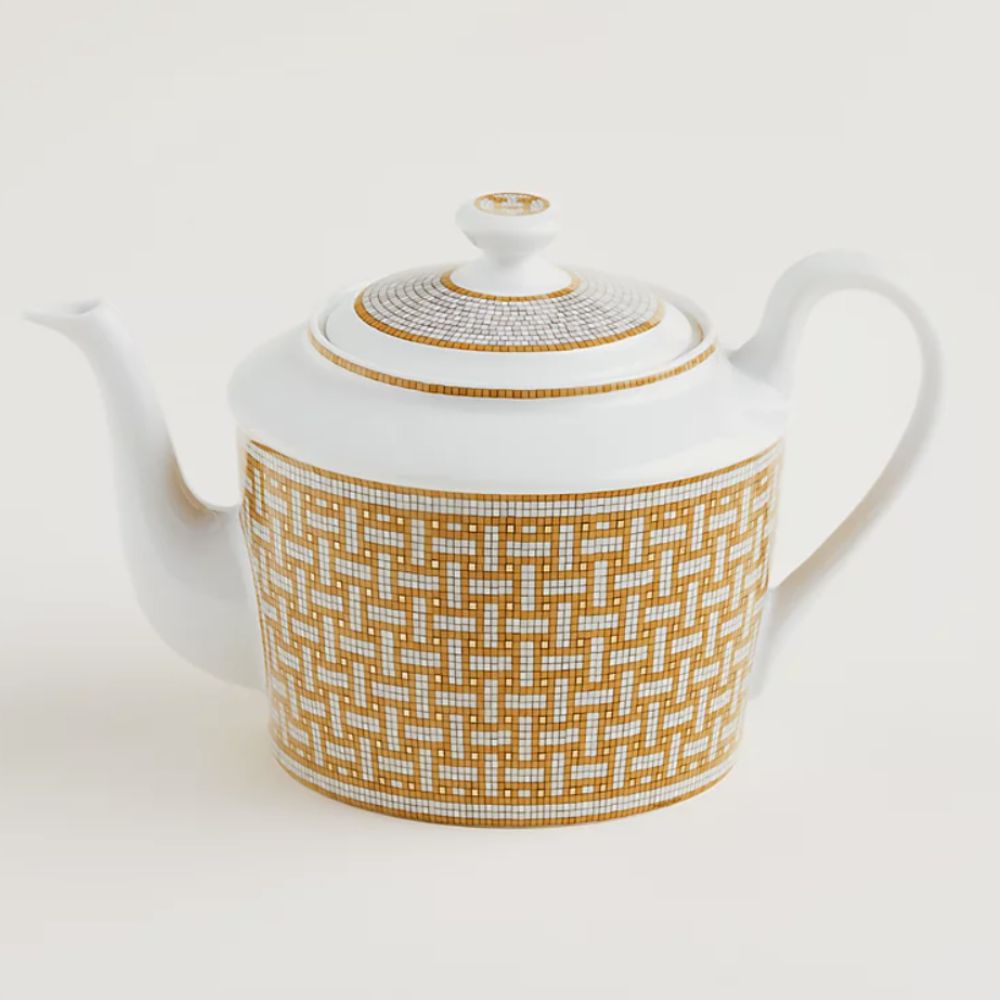
With it's decorative mosaic print that's been screen printed by hand, featuring 24 karat gold markings, this really is a special piece, or as Graybill would describe it: 'quiet luxury in porcelain.'
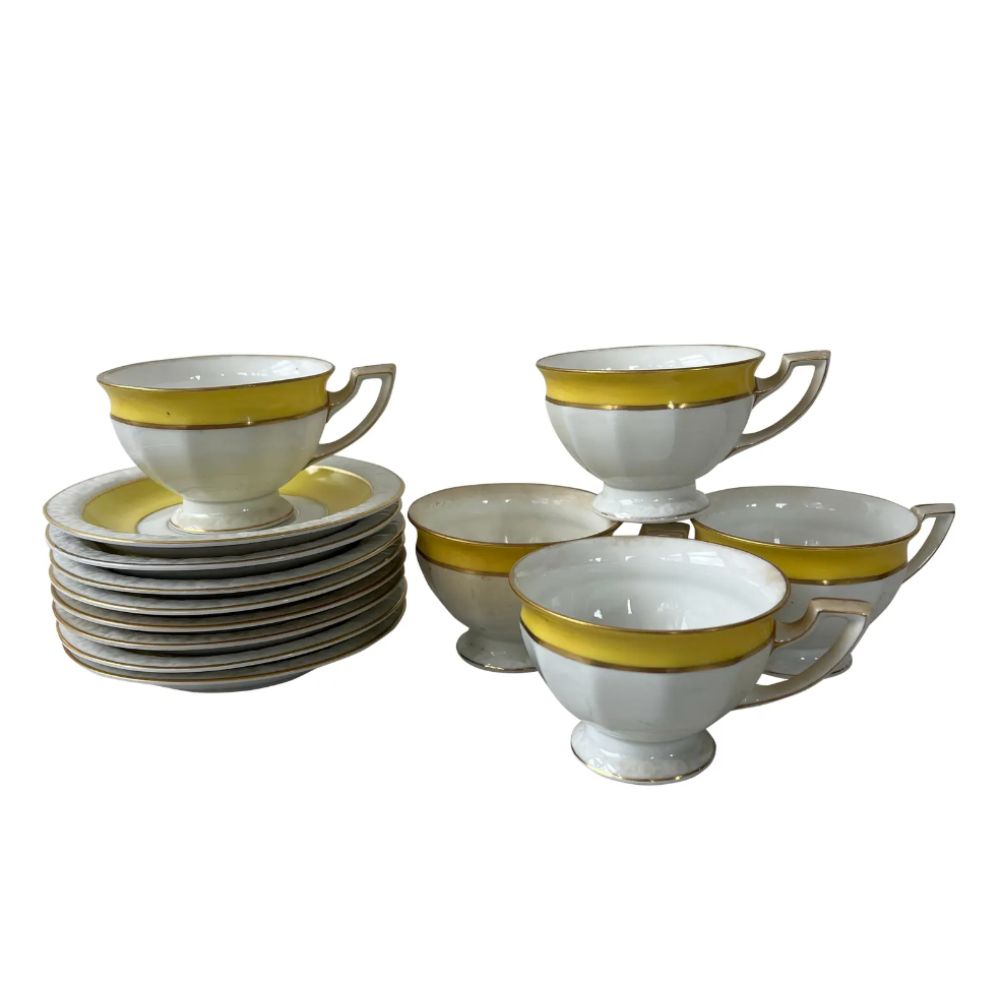
These 22 karat gold banded tea cups and saucers are genuine vintage Rosenthal china, which Graybill describes as 'delicate, collectible cups and saucers'. They're perfect for making an occasion of tea time.
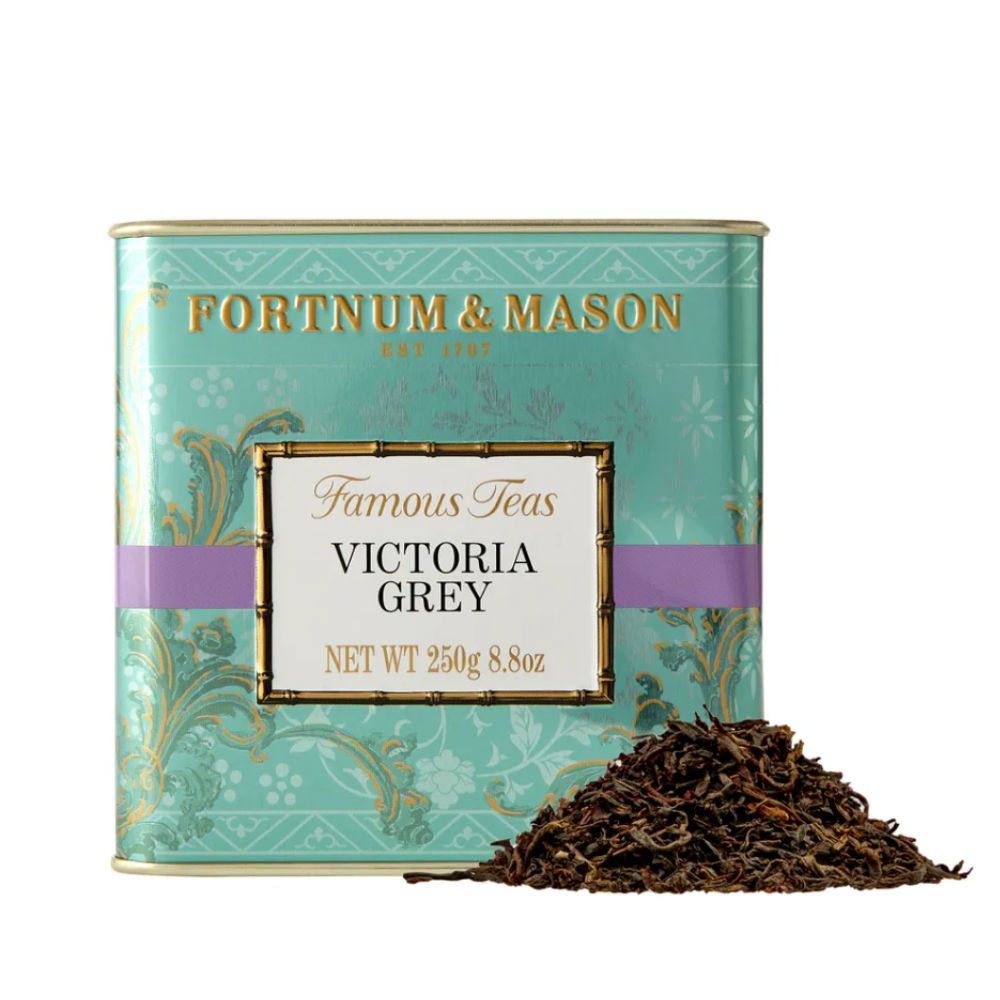
Graybill favors this bergamot-based tea blend as it's 'layered and perfumed, with no sugar required'. Named after Queen Victoria, it combines liquorice root, lavender and cornflower petal with Fortnum’s Salisbury Plain Honey.
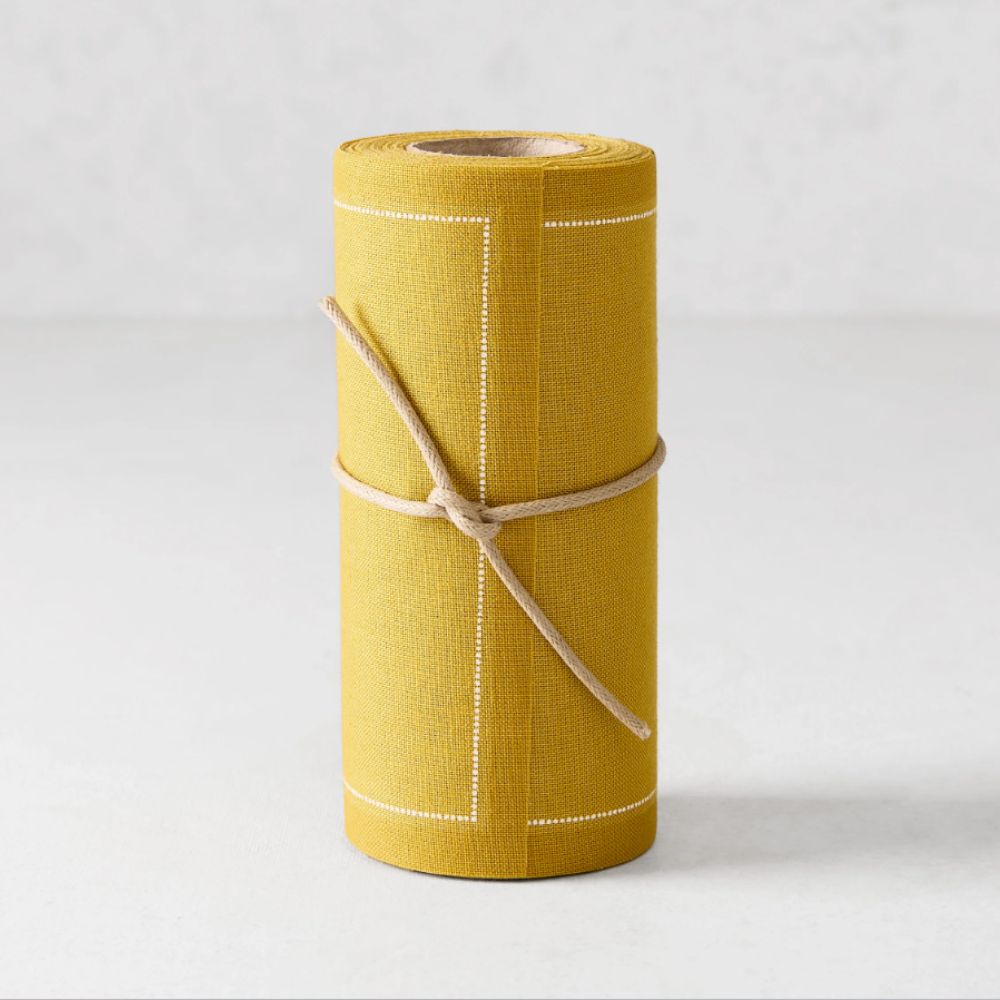
These tear-off napkins are durable enough to be washed and re-used up to five times before being composted, making them better for the environment, yet more elevated than disposable paper alternatives.
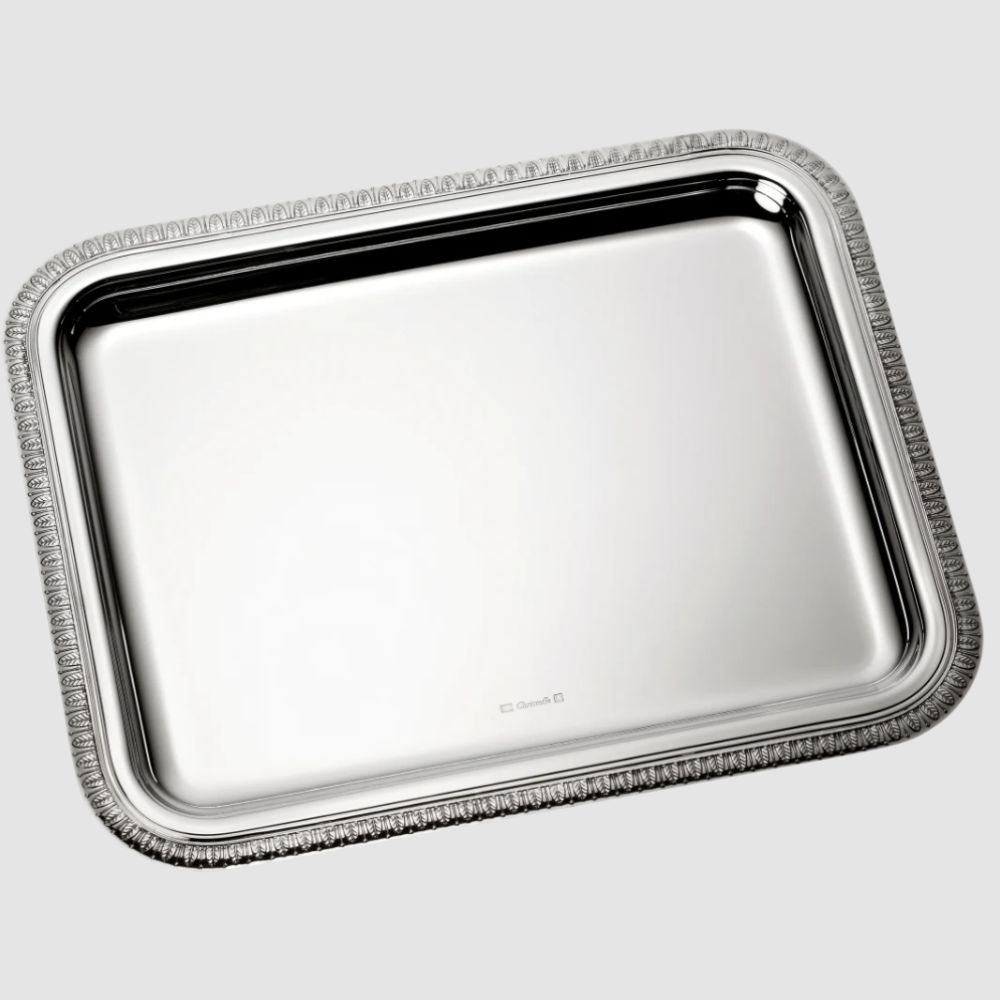
In 'timeless silver that elevates service', says Graybill, this Christofle tray features one of its most historic patterns, Malmaison, with its delicate palm and lots leaf frieze.
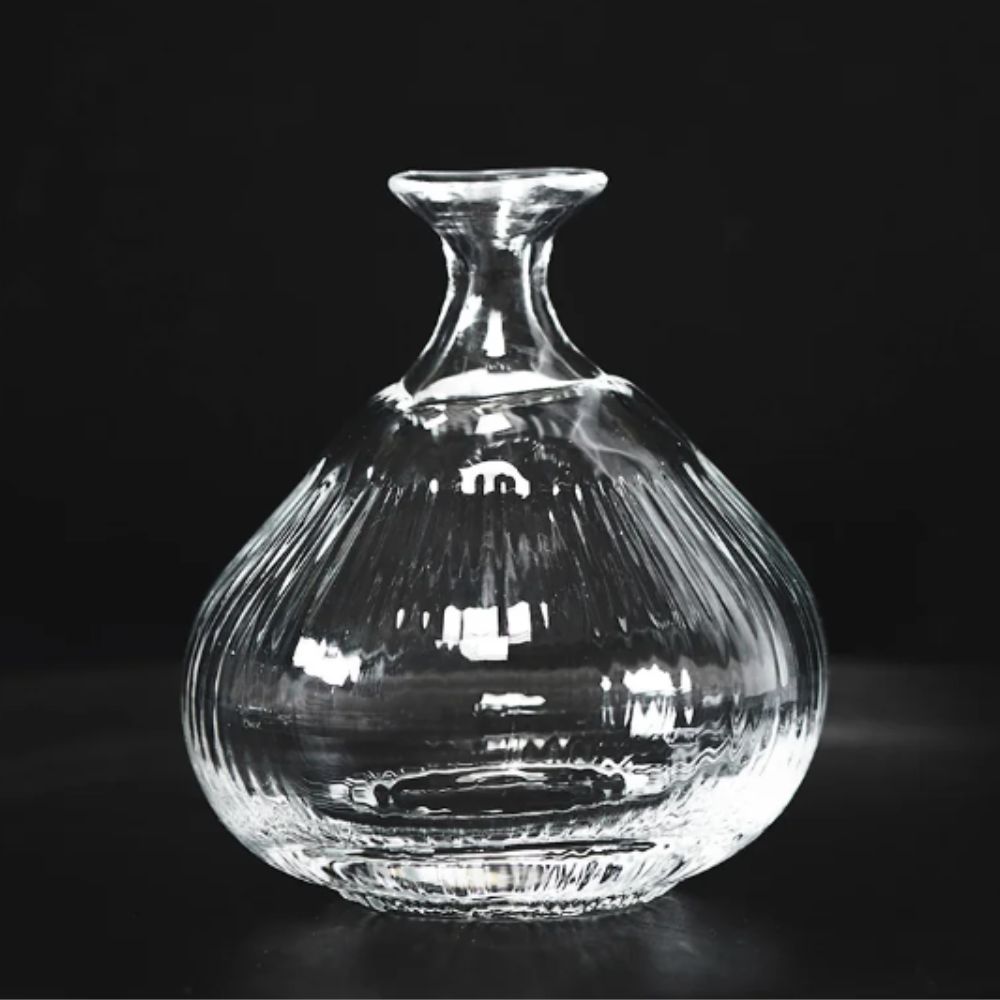
Handmade in Japan, these beautifully elegant bud vases are favored by Graybill who likes to place 'a simple flower, perfectly staged' on his tea table.
This feature is part of our exclusive series, A Designer’s Guide to Entertaining, with interior designer and seasoned host Bryan Graybill. Each month, Bryan will offer expert advice, holiday hosting tips, and effortless ways to create a more inviting home – beginning with the spaces where everyday life and memorable gatherings naturally unfold.
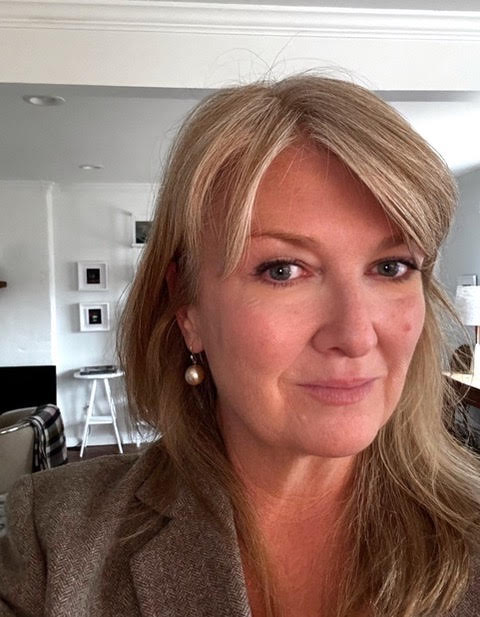
Anna Last is the US Editorial Director of Homes & Gardens. She loves finding and telling stories about tastemakers who live beautifully. Anna also runs her own Branding & Creative company Dandelion Collective, and has worked with premium lifestyle retailers and media companies her whole career, including Martha Stewart, Vogue Living, Williams-Sonoma, and Restoration Hardware.
